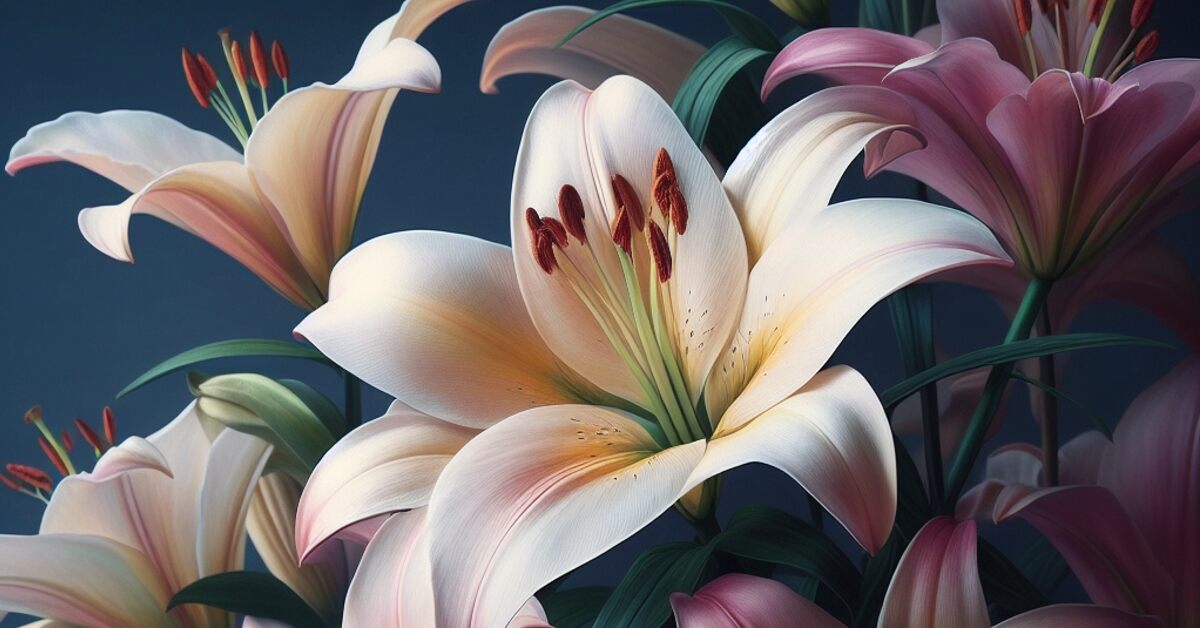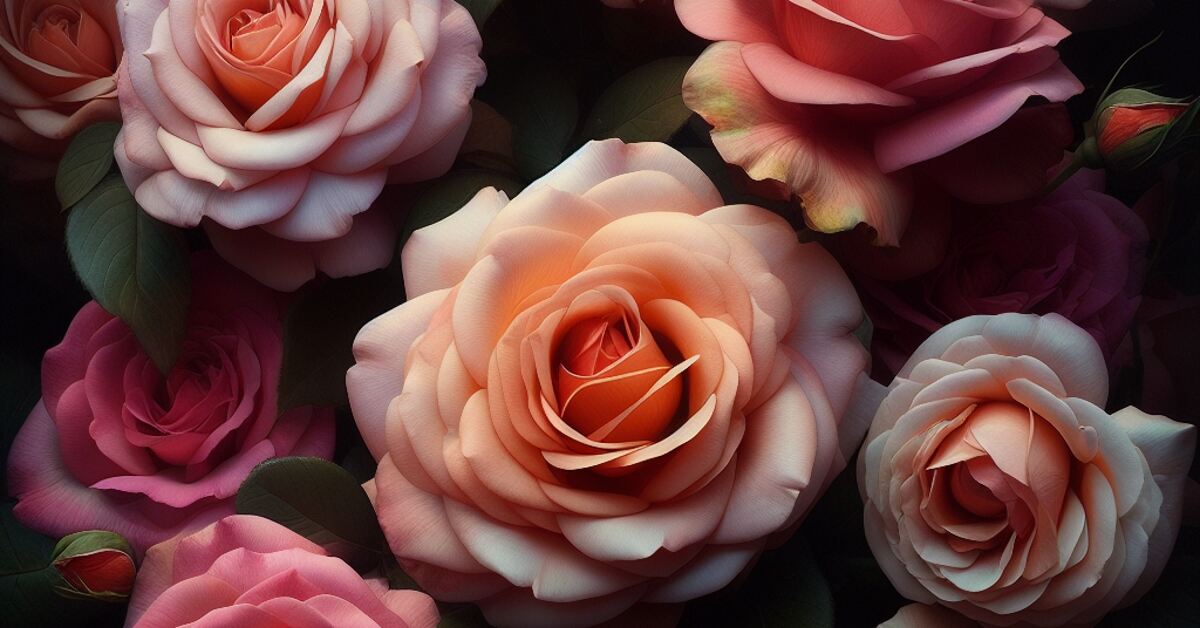Across different civilizations, flowers have not just been admired for their beauty, but have carried deep symbolic meanings, often reflecting the characteristics of the people who favour them.
Flower Symbolism in Different Cultures
Flower symbolism has been a significant aspect of many cultures throughout history. In ancient Greece, for example, the lily was revered and associated with the goddess Hera, symbolizing purity, innocence and rebirth. This symbolism has endured, with lilies continuing to play a prominent role in modern weddings and funerals.
In China, the peony represents wealth, honour, and happiness, and is a motif often seen in art and literature.
Similarly, in Hinduism, the lotus flower is a symbol of enlightenment and spiritual awakening, deeply ingrained in religious art and iconography.
The cherry blossom in Japan embodies beauty and the transient nature of life, playing a crucial role in the Hanami festival that celebrates spring.
Some Native American cultures see the sunflower as a symbol of good luck and harvest, integrating it into traditional ceremonies.
These examples from various cultures illustrate the diverse meanings attributed to flowers, highlighting their role in representing cultural beliefs and traditions. These beliefs, in turn, can influence which flowers people gravitate towards.
The Language of Flowers Through History
During the Middle Ages, flowers were symbols of spiritual love and religious devotion. This era saw the rise of the language of flowers, where specific meanings were assigned to different blooms.
For instance, red roses became a symbol of perfection, while white lilies represent purity and innocence.
The Renaissance period witnessed a reinterpretation of ancient symbolism, with artists and scholars incorporating flowers into their works to express complex emotions and ideas.
In more modern times, the symbolism of flowers has continued to evolve. Today, flowers often take on personal and individualized meanings. People choose flowers that hold special significance to them, such as those associated with their birth month or significant life events.
Popular Flowers and What They Mean Today
Flowers have long been used to convey messages without words. Each type of flower still has its own unique symbolism, reflecting different emotions and sentiments. Here is a list of some popular flowers and their contemporary meanings:
- Roses: Universally known as the symbol of love and passion, different colours of roses have their own specific meanings. Red roses symbolize love and desire, white roses suggest purity and innocence, yellow roses indicate friendship or jealousy, and pink roses convey admiration and gratitude.
- Lilies: Often associated with purity and refined beauty, the different colours of lilies carry different meanings. White lilies symbolize virtue, while orange lilies represent passion and yellow lilies symbolize gaiety.
- Tulips: Generally a symbol of perfect love, tulips come in a variety of colours, each with a different meaning. Red tulips are associated with true love, purple tulips symbolize royalty and yellow tulips can mean cheerful thoughts or sunshine in one’s smile.
- Daisies: These flowers symbolize innocence and purity. The classic white daisy is a symbol of loyal love.
- Sunflowers: Known for their large, bright blooms, sunflowers symbolize adoration, loyalty and longevity. They are often associated with warmth, positivity and strength, reflecting the characteristics of the sun itself.
Personality Traits Linked to Favourite Flowers
The flowers we are drawn to can also reflect aspects of our personality.
Individuals who favour roses might be seen as deeply romantic and passionate. They often value traditional symbols of love and have a strong appreciation for beauty and romance.
Those who prefer lilies might be viewed as pure-hearted and dignified. They may possess a quiet, elegant demeanor and appreciate refined beauty.
Lovers of tulips may be considered deeply emotional and caring. They often strive for perfection in their relationships and are seen as thoughtful and considerate.
Admirers of daisies are often seen as cheerful and optimistic. They tend to have a youthful spirit and value simplicity and sincerity in their lives.
Enthusiasts of sunflowers are typically viewed as bright, sunny, and positive. They are often resilient, loyal, and enjoy bringing happiness to others.
Understanding the meanings and symbolism associated with different flowers can add depth and intention to your choice of blooms, whether you’re selecting a bouquet for a loved one or choosing plants for your garden. It can be a delightful way to express your personality and sentiments without saying a word.
Recent Trends in Flower Preferences
The world of horticulture is always evolving, with new trends emerging each year. The Garden Media Group’s 2024 Garden Trends Report highlights themes like “Eco-Optimism,” emphasizing sustainable practices and vibrant, energizing colours in gardening and floral arrangements.
In 2024, the focus is on styles like “Meaningful Earth,” “Viva La Vida,” “Gentle Paradox” and “Playful Construction,” reflecting diverse human responses to the current global context. These trends showcase how flowers and plants can bring comfort, joy and a sense of connection during challenging times.


